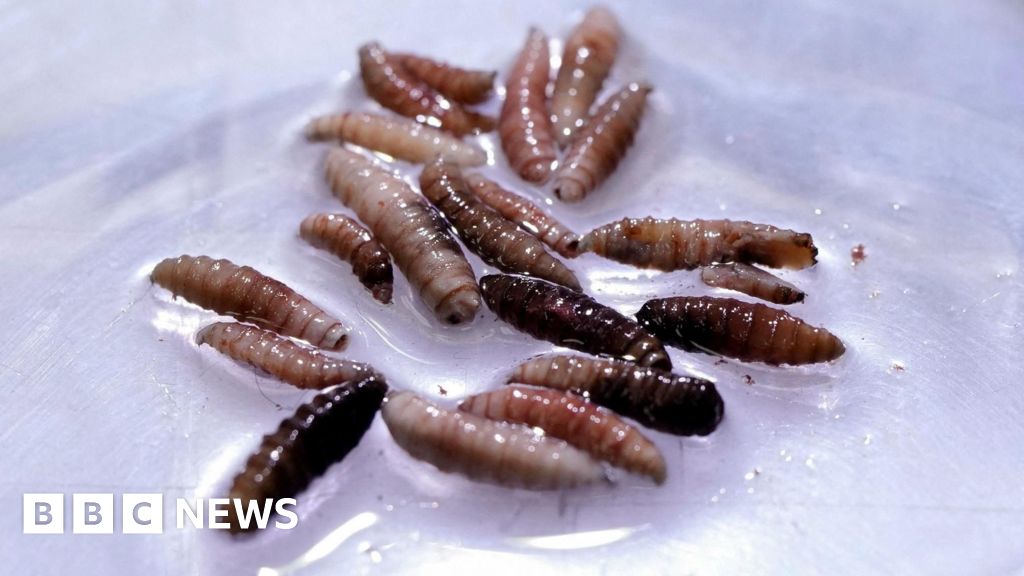ATLANTA (AP) — The upcoming decisions from Health Secretary Robert F. Kennedy Jr. and his vaccine advisory panel are casting uncertainty on access to COVID-19 vaccines as they gear up for a meeting aimed at addressing updated vaccination recommendations.
After postponing a vote on a controversial hepatitis B vaccination for newborns, many states report growing frustration among residents trying to determine their eligibility for the updated COVID-19 vaccines as infections rise.
The Food and Drug Administration has recently imposed stricter limitations, allowing access only for seniors over 65 and younger individuals considered at high risk. This move puts pressure on the Centers for Disease Control and Prevention (CDC) advisers to recommend appropriate access, which is crucial for influencing insurance coverage and pharmacist administration protocols.
With the composition of the CDC's Advisory Committee on Immunization Practices raising eyebrows due to Kennedy appointing critics of vaccine initiatives, there are fears that this may lead to further restrictions on immunizations.
“We’re anxiously awaiting what’s going to happen,” said Dr. Phil Huang, the director of the Dallas County health department. The implications of the panel’s forthcoming recommendations could heavily impact low-income families relying on federally funded health programs, he noted, while recognizing the existing confusion within communities.
The committee's second day of meetings continues to feature discussions on whether to uphold a CDC guideline recommending that all newborns receive a hepatitis B vaccine at birth. Critics argue the vaccine is vital in preventing infections, but the panel has thus far avoided making a definitive ruling on this topic.
Moreover, the panel took actionable steps by endorsing a new recommendation for childhood vaccinations targeting measles, mumps, and rubella, advising that initial doses should be given as separate shots rather than as the combined MMRV injection.
As public health experts anticipate guidance stemming from Friday’s meetings, the urgency remains clear due to statistics indicating that the COVID-19 virus caused between 32,000 to 51,000 deaths last fall and winter, primarily affecting the unvaccinated.
Medical organizations, including the American Academy of Pediatrics, strive for vaccine availability for everyone aged six months and older and are advocating for access amidst the evolving public health landscape. Several states are implementing policies to facilitate vaccination access, with health insurance providers committing to cover the vaccines through 2026.



















